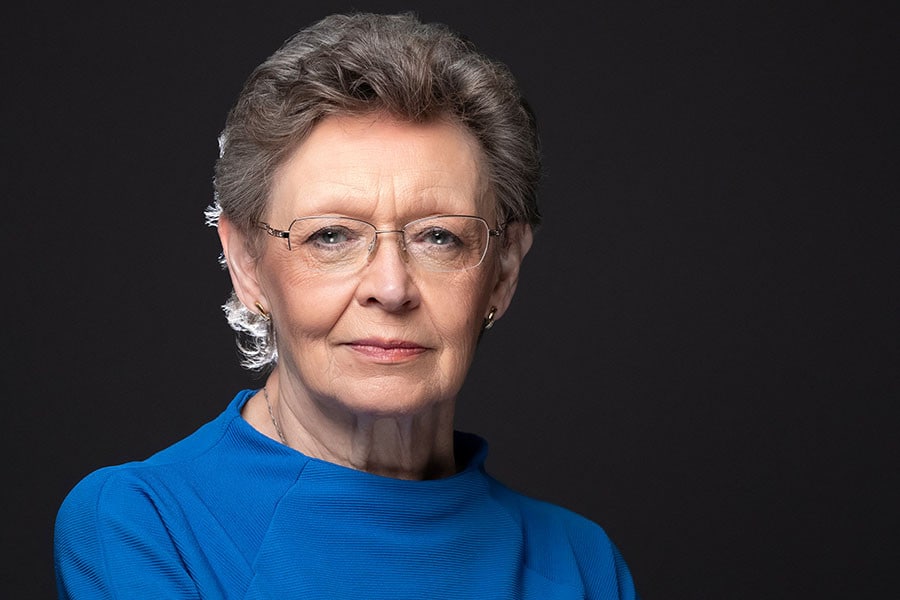
Discovering HIV started 'race against time': Francoise Barre-Sinoussi
The 75-year-old virologist describes how she and colleagues at the Pasteur Institute in Paris discovered HIV in 1983, which led to her jointly winning the Nobel Prize for Medicine
 French virologist and 2008 Medicine Nobel Prize laureate Francoise Barre-Sinoussi. Image: Photography JOEL SAGET / AFP
French virologist and 2008 Medicine Nobel Prize laureate Francoise Barre-Sinoussi. Image: Photography JOEL SAGET / AFP
When Nobel laureate Francoise Barre-Sinoussi helped identify a mysterious virus that would become known as HIV 40 years ago, she says it kicked off a "race against time" to counter the looming AIDS crisis. In an interview with AFP, the 75-year-old virologist described how she and colleagues at the Pasteur Institute in Paris discovered HIV in 1983, which led to her jointly winning the Nobel Prize for Medicine.
"It all started in 1982," when doctors started sharing stories about the first French AIDS patients, France's Barre-Sinoussi said.
"They were convinced that a retrovirus could be responsible for this new disease."
For more than a decade Barre-Sinoussi had been working on retroviruses, which on infection convert from the genetic material RNA into DNA, allowing them to easily integrate host cells.
In January 1983, the team's strategy was to take a lymph node biopsy from a sick patient, then culture the cells in the lab looking for "very specific enzymatic activity", she said.







